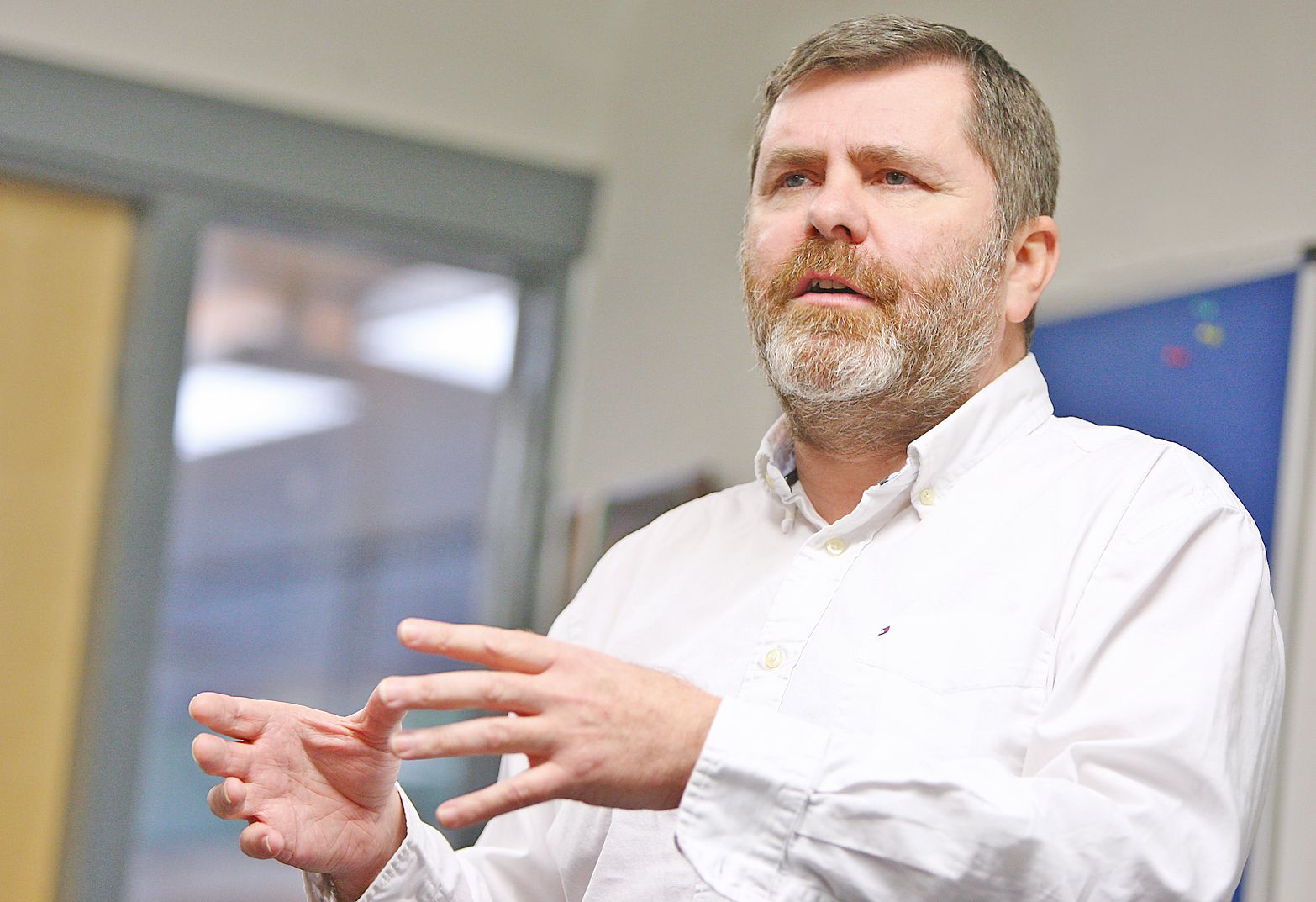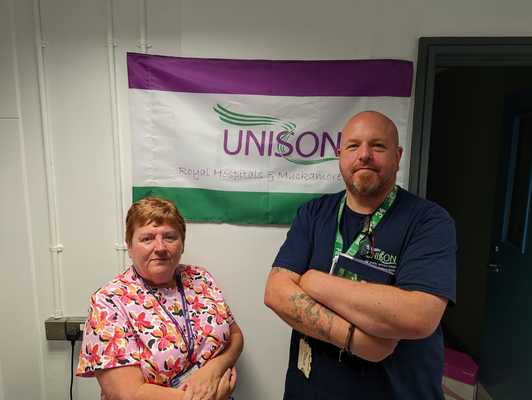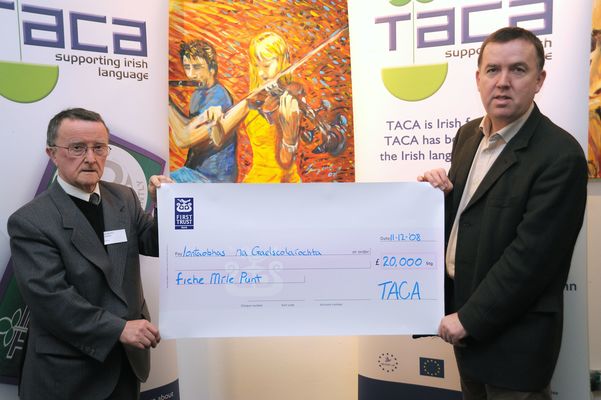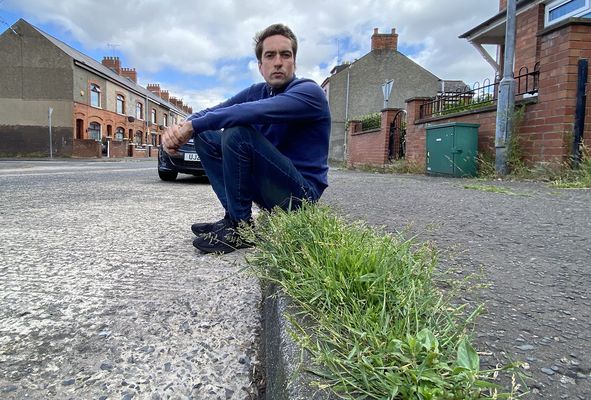THE DIRECTOR of Relatives for Justice (RFJ) has called for the full implementation of the Stormont House Agreement in the wake of inquest findings in the case of 10 victims shot dead during the Ballymurphy Massacre.
On Tueday, the coroner Justice Siobhan Keegan ruled that all ten of the Ballymurphy Massacre victims were innocent, and their killings were unjustifiable.
The Coroner found the British Army had used "disproportionate" force in shooting nine of the innocent victims, while the British State drew criticism for a "shocking" failure to investigate the death of a tenth innocent victim, who was "indiscriminately shot".
Bereaved family members watch @BrandonLewis making a statement on the killings of their loved ones by soldiers in Ballymurphy in 1971. pic.twitter.com/j8e9XBusPd
— David Young (@DavidYoungPA) May 13, 2021
Justice Keegan also highlighted state violations of Article 2 of the European Convention on Human Rights, which enshrines the right to life in law.
Delivering her findings, the Coroner consistently pointed to a lack of state evidence pertaining to the event of 50 years ago. She said a failure of certain military and state witnesses to come forward had "hampered" the inquest.
RFJ CEO Mark Thompson welcomed the inquest verdict, but raised concerns about an inability to compel witnesses to come forward.
"A robust interrogation of the evidence, which is independently scrutinised and where all the disclosures are made is the right format," he said.
"The caveat in that is cyphers that identified all the shooters was incomplete and allegedly lost."
I know it’s not the worst bit, but one thing that wrenches my gut is the soldiers singing to the daughters on the day of their Dad’s funeral “Where’s your Daddy gone”. It was a pop song in the charts. I remember it. #Ballymurphy
— Andrea Catherwood (@acatherwoodnews) May 12, 2021
On the day the Ballymurphy inquest findings were delivered, the Queen of England signalled British Government plans to introduce a statute of limitations, which would bar conflict prosecutions prior to 1998.
Mr Thompson said that the implementation legacy mechanisms contained in the Stormont House Agreement, to which the British and Irish governments are co-guarantors, represented the "best way forward" in ensuring justice for victims.
"The Stormont House Agreement provides a menu of options that keeps everything open, it doesn't close down avenues for potential prosecutions and that's the way it should be," he said.
He said victims who are waiting on inquests need to have them heard in compliance of Article 2 of the European Convention on Human Rights, with "compelability of witnesses and the discovery of all the evidence and material".
Mr Thompson said the British Governments derogation of its Article 2 commitments mean it had been forced to "resort to stalling tactics" in legacy cases.
"There are almost 1,000 civil cases in Belfast High Court relating to legacy, and in those High Court cases the British Government are burying evidence, and they're doing that through the PSNI and the MOD," he said.
"It's important that people understand that the vanguard in the assault in terms of denying them truth and justice is being led by the very same agents in the PSNI, the MOD and the British Government – nobody else.
"There's a pattern, and when we apply the lens of Article 2 and have an open and transparent process going forward, the vested interest of the British state and its narrative of the conflict is threatened, so they have to resort to ways and means of shielding those within their armed forces and security and intelligence services who are responsible for wrongdoing.
"Now we see that they'll even go as far as throwing every victim, even RUC, UDR, British Army and Prison Officer under the bus. They're prepared to sacrifice all of them in terms of giving an amnesty. They're only interested in covering their own tracks and they realise that they have to throw everybody under that bus, and they're prepared to do that.
"They've no morals, they've no scruples and they've no principles. When the lens of justice and the light of truth is shone in they're running from it into the shadows and into the corners to avoid the scrutiny."
He added: "The Ballymurphy families got there and they're vindicated, more families will follow, and that's why the British Government are running from a process of implementation of the Stormont House Agreement."








